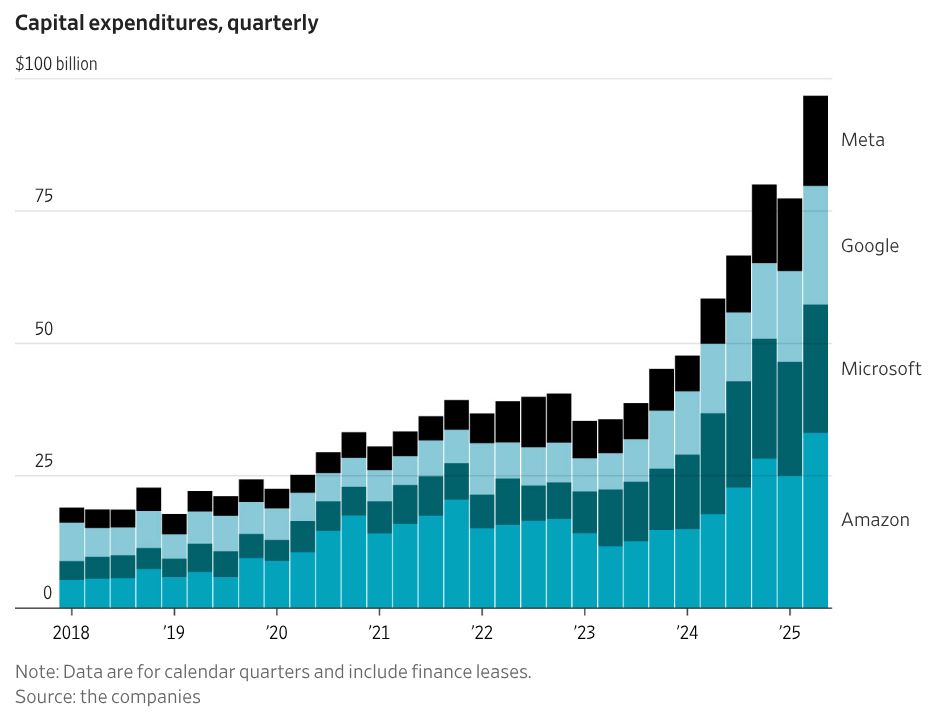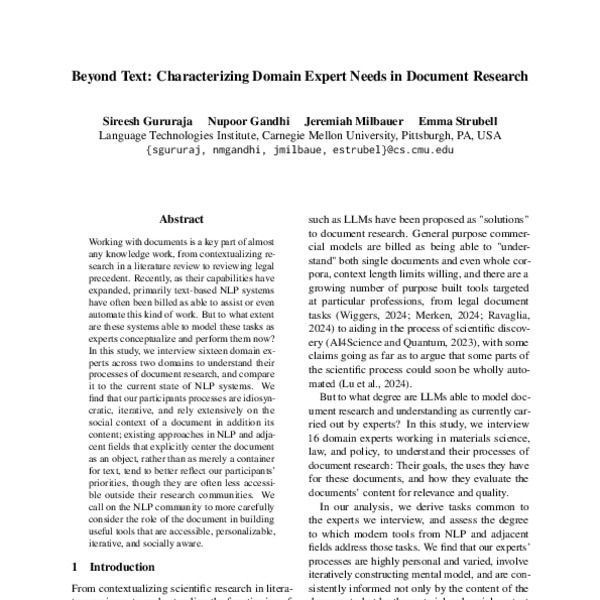Sireesh Gururaja
@siree.sh
2.4K followers
2.9K following
140 posts
PhD student @ltiatcmu.bsky.social. Working on NLP that centers worker agency. Otherwise: coffee, fly fishing, and keeping peach pits around, for...some reason
https://siree.sh
Posts
Media
Videos
Starter Packs
Pinned
Reposted by Sireesh Gururaja
Sireesh Gururaja
@siree.sh
· Aug 18
Sireesh Gururaja
@siree.sh
· Aug 13
Sireesh Gururaja
@siree.sh
· Aug 4
Sireesh Gururaja
@siree.sh
· Aug 2
Sireesh Gururaja
@siree.sh
· Jul 30
Sireesh Gururaja
@siree.sh
· Jul 28
Sireesh Gururaja
@siree.sh
· Jul 28
Sireesh Gururaja
@siree.sh
· Jul 28
Sireesh Gururaja
@siree.sh
· Jul 28
Sireesh Gururaja
@siree.sh
· Jul 28
Sireesh Gururaja
@siree.sh
· Jul 26
Sireesh Gururaja
@siree.sh
· Jul 25
Sireesh Gururaja
@siree.sh
· Jul 25
Sireesh Gururaja
@siree.sh
· Jul 16
Sireesh Gururaja
@siree.sh
· Jul 13
Sireesh Gururaja
@siree.sh
· Jul 2
Sireesh Gururaja
@siree.sh
· Jun 23
Sireesh Gururaja
@siree.sh
· Jun 23
Sireesh Gururaja
@siree.sh
· Jun 17




